‘Is there anybody out there?’ Did the US government cover up Roswell?
One conspiracy theory has proved more invincible than any other: that an alien spacecraft landing at Roswell, New Mexico, was covered up by the US government. James Rampton on the latest findings

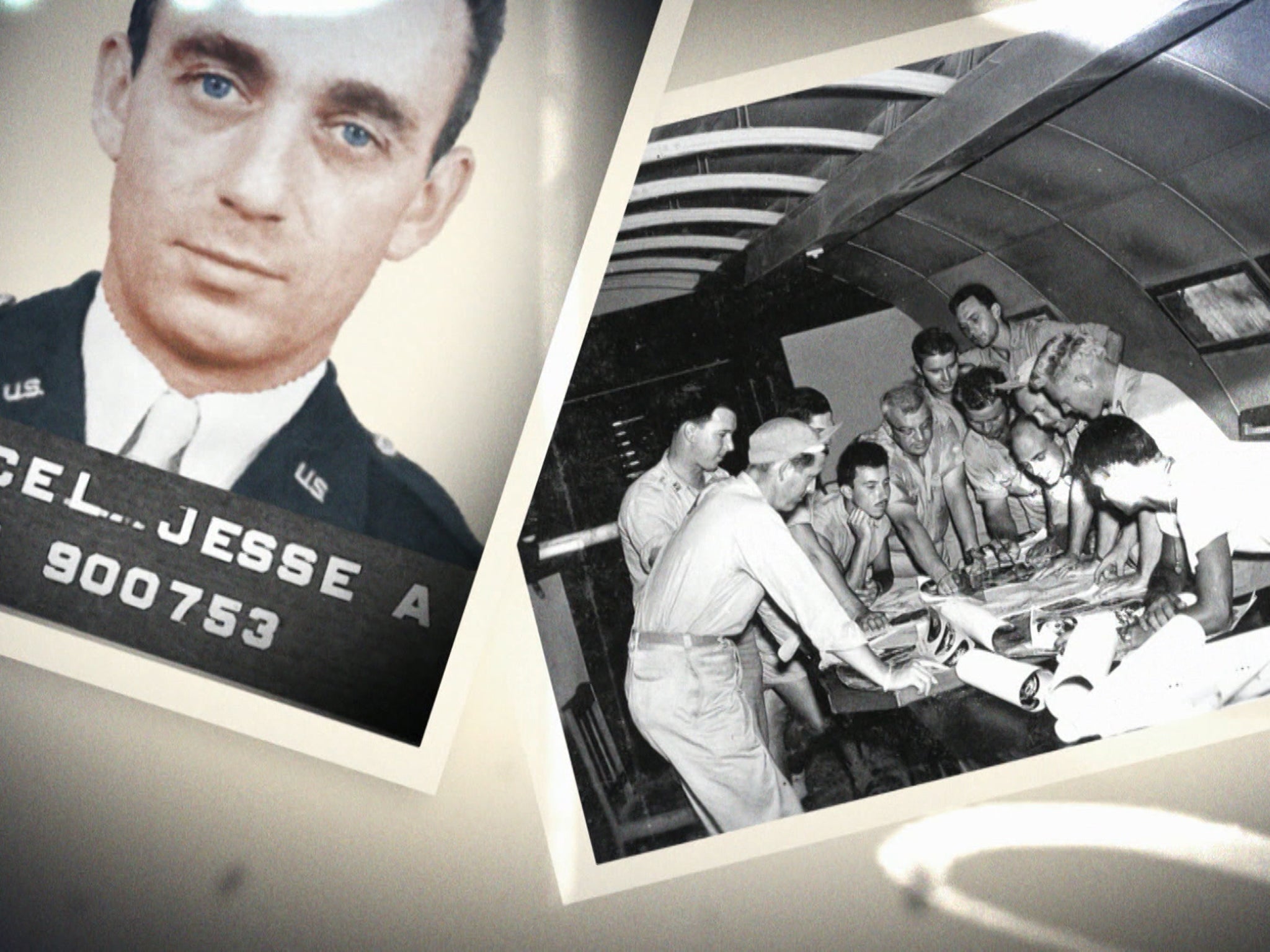
Conspiracy theories come in all shapes and sizes. They range from the outright batty – the people who believe that the government sent us into lockdown last year so they could change the batteries on all the birds without us noticing – to the outright dangerous – the “Pizza Gate” conspiracy theory in 2016 that inspired a man to travel from North Carolina to fire a rifle into the Comet Ping Pong pizzeria in Washington DC, which he erroneously believed was running a Democratic Party child sex ring.
In our bitterly divided world, fuelled by the Wild West of the internet, conspiracy theories are running riot. That may well be because people find some solace in them, as the author Alan Moore suggests: “The main thing that I learned about conspiracy theory is that conspiracy theorists believe in a conspiracy because that is more comforting.
“The truth of the world is that it is actually chaotic. The truth is that it is not the Iluminati, or the Jewish Banking Conspiracy, or the Gray Alien Theory. The truth is far more frightening – nobody is in control. The world is rudderless.”
But whatever motivates them, one conspiracy theory has proved more invincible than any other: the idea that an alien spacecraft landing at Roswell, New Mexico, in July 1947 was aggressively covered up by the US government.
That particular conspiracy theory has endured to this day. It’s the grand-daddy of all conspiracy theories. For its sins, Roswell is the birthplace of ufology.
The truth is that it is not the Iluminati, or the Jewish Banking Conspiracy, or the Gray Alien Theory. The truth is far more frightening – nobody is in control. The world is rudderless
Indeed, it’s a conspiracy theory so bullet-proof that even US presidents have been forced to deny it. In a speech in Northern Ireland in 1995, the then president Clinton declared: “I got a letter from 13-year-old Ryan from Belfast. Now, Ryan, if you're out in the crowd tonight, here's the answer to your question.
“No, as far as I know, an alien spacecraft did not crash in Roswell, New Mexico, in 1947. And, Ryan, if the United States Air Force did recover alien bodies, they didn't tell me about it, either, and I want to know.”
For conspiracy theorists, Roswell is the gift that keeps on giving. It simply refuses to lie down and die. It has been the epicentre of intense speculation for nearly three-quarters of a century. Many people believe with an almost religious fervour that in early July 1947 an alien craft was found by the US military in an isolated spot, 75 miles outside Roswell, that its occupants were captured, and that the US government then mounted an enormous, Watergate-shaped cover-up.
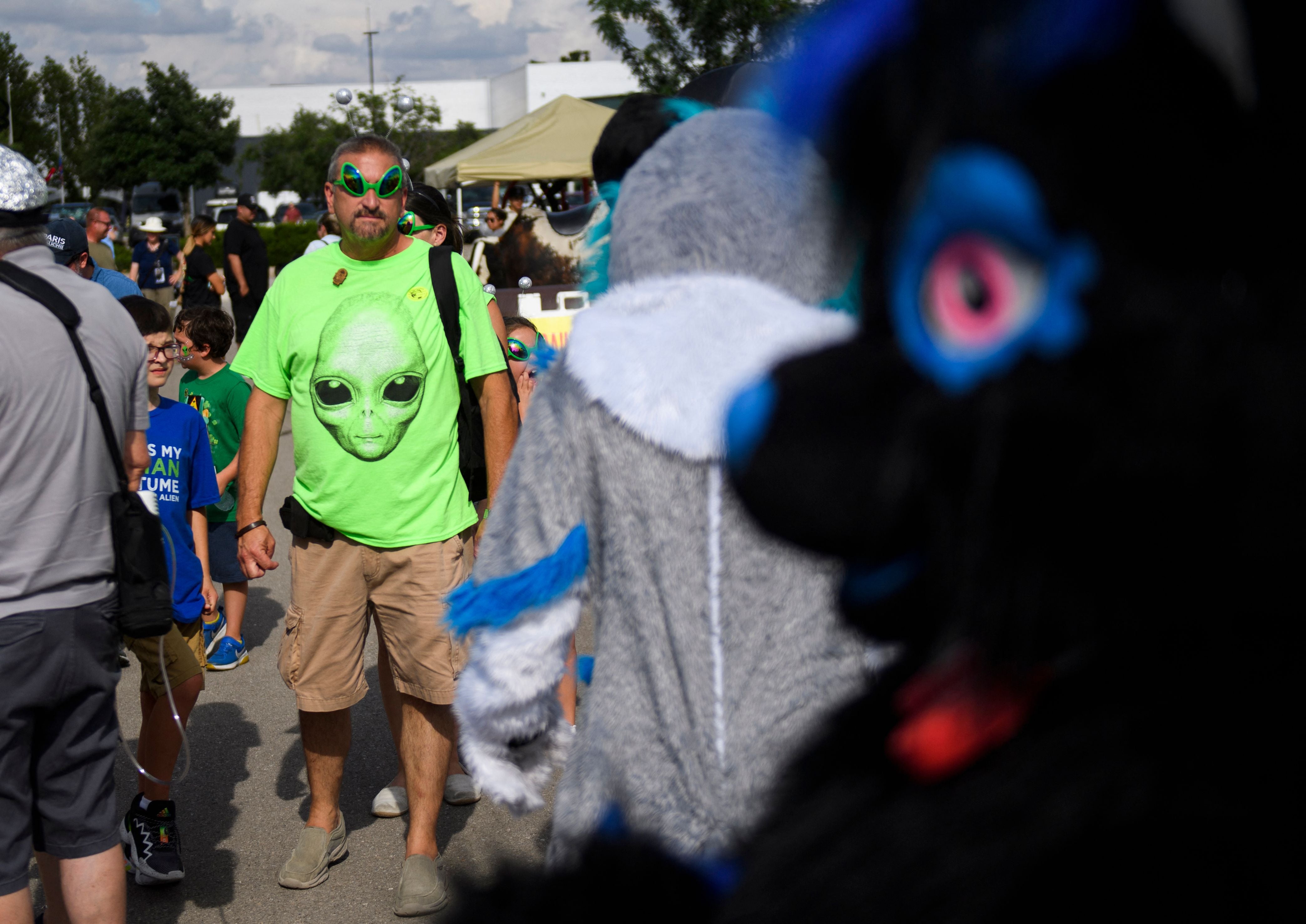
For instance, Don Schmitt, who has written seven books on the subject and interviewed 600 witnesses connected to Roswell, more than any other writer, says he was initially a sceptic about the incident. But he is now 99 per cent sure that what landed was, “a craft of unknown origin, not manufactured on this planet”.
In a gripping new documentary series, Ben Smith, a former CIA agent, explores exciting new evidence that may well blow the whole case wide open. Roswell: The First Witness posits many key questions. Why, more than 70 years after it occurred, does this particular mystery continue to fixate us? Might there be any truth in the idea that an alien spacecraft and beings landed on Earth and were immediately spirited away by the US military? Or is it just another ridiculous conspiracy theory, promulgated in an echo chamber by an army of keyboard warriors?
The only problem is that during his investigation Smith is often at risk of being bamboozled by the sheer volume of competing theories about Roswell, some of which are more outlandish than others. “There’s a conspiracy in every corner that I look,” he says, the bafflement clear in his voice.
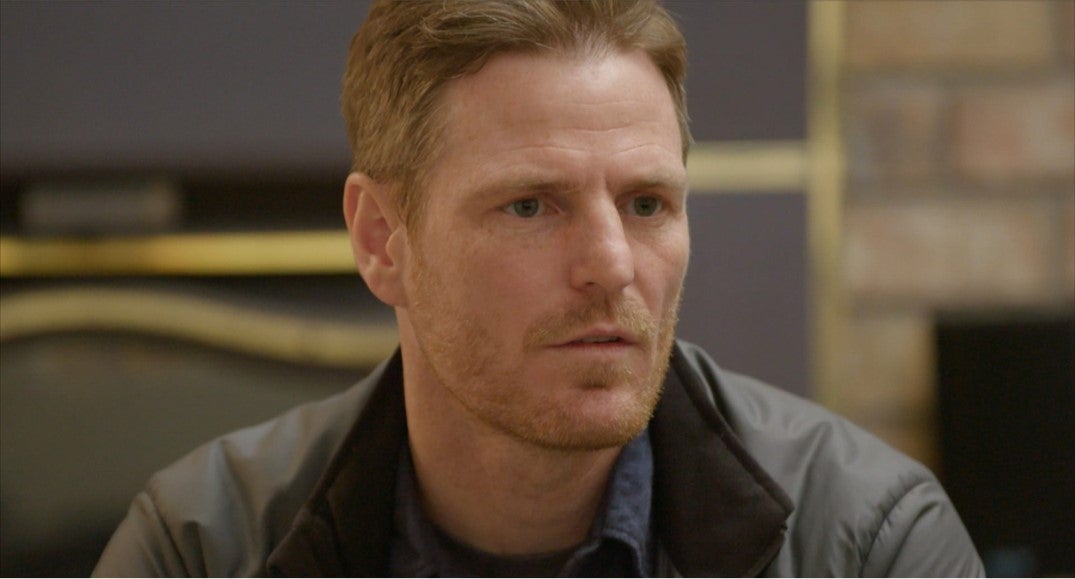
The focus of Roswell: The First Witness, which is the centrepiece of “UFO Week” on Blaze and starts on Monday at 9pm, is a potentially very significant new lead. The grandchildren of Major Jesse Marcel of the 509th Bomb Group Intelligence Office and the first military official on the scene of the alleged crash have given Smith his journal.
This diary, which mysteriously switches from normal handwriting into enigmatic block-capital code around the time of the incident, has never been examined before. It is a treasure trove of possible new information about the events of July 1947. Marcel’s family is convinced that he was forced by the military to recant his original statement about what he discovered at the crash site.
Immediately after the discovery, Marcel claimed that he had come across exceedingly strong, tinfoil-like material that went back to its original shape after it had been scrunched up. But very soon, he was coerced by his superiors into following the party line and saying that in fact he had simply discovered the wreckage of a weather balloon.
In an interview in 1980, Marcel finally went public, asserting that he was pressured into going along with the official cover-up. He was adamant that he had found something extra-terrestrial at Roswell in 1947: “I’d never seen anything like that before. As of now, I don’t know what it was. It was not anything from this earth.”
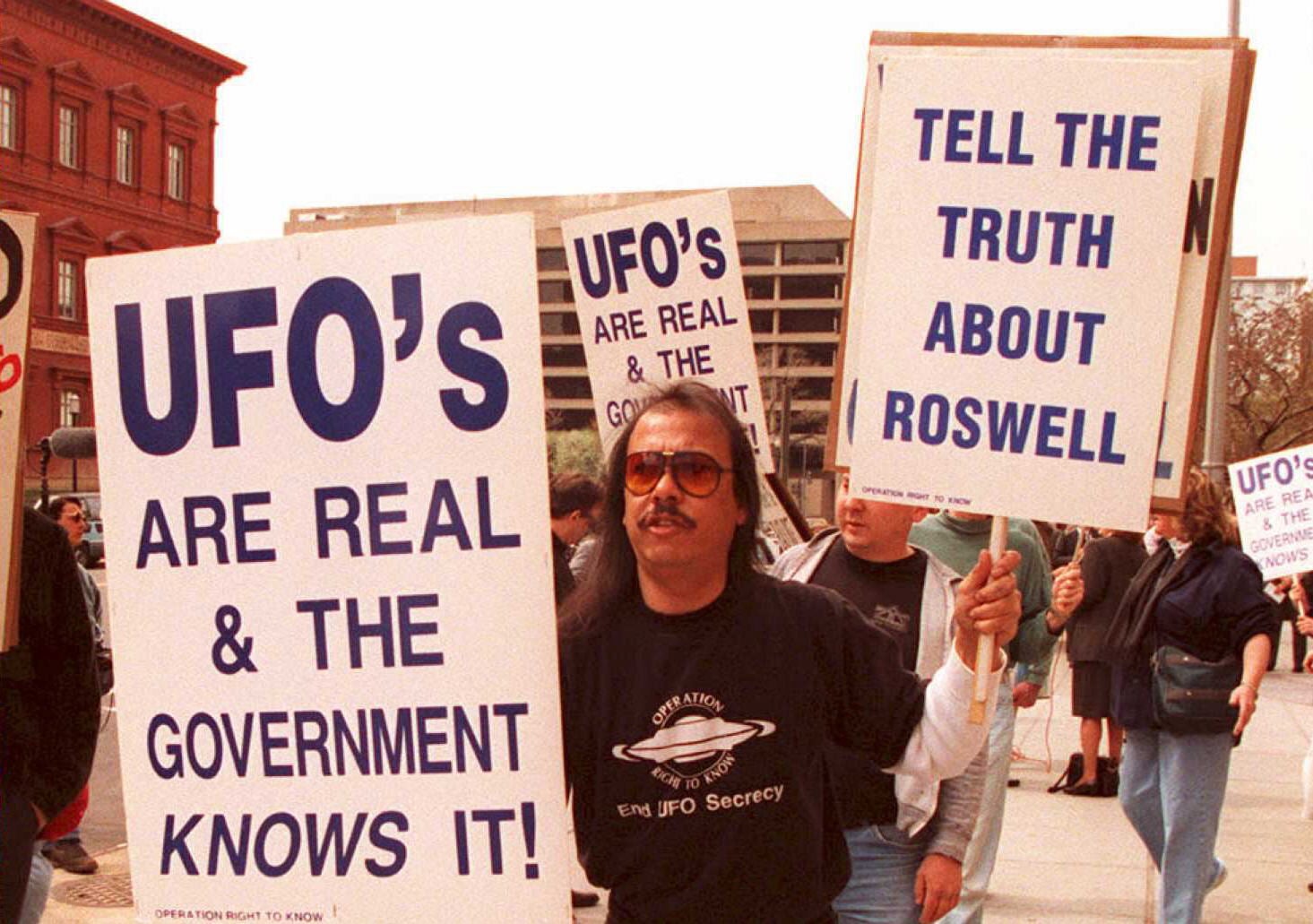
His granddaughter, Denise, recalls Marcel’s indignation about being pushed into this corner. “He was really upset that they made him the fall guy. He couldn’t believe that at this point it was still being covered up. He did want it to be out.”
Speaking to The Independent via video link from his home in New York City, where in his spare time he writes science-fiction, Smith agrees. “Marcel says the military swore him to secrecy and hid the truth. For his family, it was a government cover-up, plain and simple.”
What Marcel did was, “incredibly courageous. There are very few intelligence officers who ever come forward and go public about what they did. He stood up for what he believed in and he went out and spoke to everyone about it. It takes guts to deal with the blowback from that.”
His descendants insist that Marcel’s diary holds vital clues about what really happened at Roswell and fresh evidence about where alien remains might still be buried. A seasoned investigator, Smith delves deep into this mystery. He hands the journal over to Jennifer Naso, an ex-secret service operative and forensic document examiner, who spends a month scrutinising the authenticity of the item.
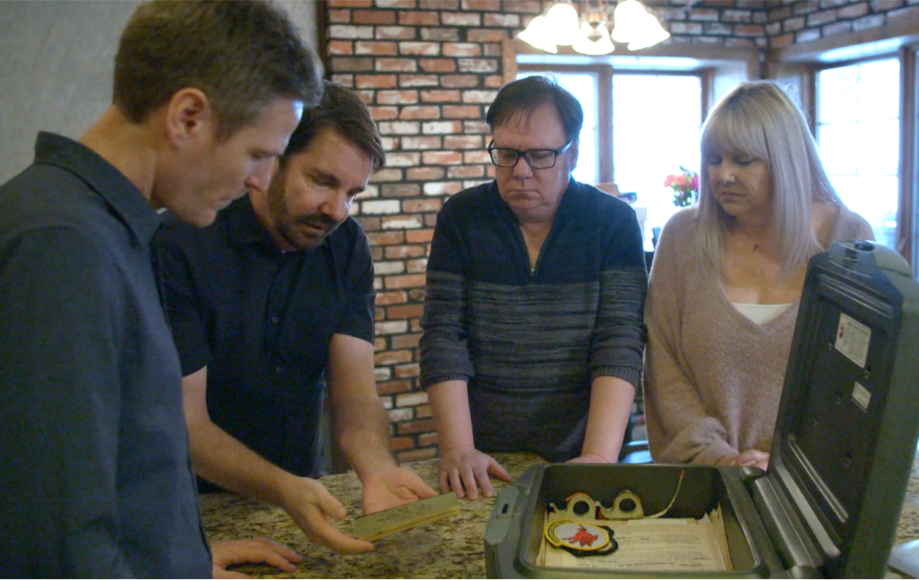
Smith underscores the significance of Marcel’s diary. “This journal could change the entire story about what happened at Roswell. It could be a game changer.
“It is a primary source document, and it's the first one that we have related to this incident. The public has not had access to any of the files or writings or personnel records written about this event before. All that Marcel’s grandchildren inherited from him was a trunk. In that trunk was a single binder, and in that single binder were a couple of military records, an award and this journal, so it feels pretty important.”
Smith continues: “When you open it up, there are all kinds of cryptic messages in it. To me as a former intelligence officer, it seems like there's definitely room in here to hide secrets. And so we ran with the idea that this could be the keys to the kingdom.”
We can’t spend our time fighting every conspiracy theory, but a possibly world-changing event like the first contact with an extra-terrestrial species – that to me is worth really putting in the time
Ultimately, Marcel’s grandchildren hope that the journal will vindicate him. Denise says: “I just want someone to come out and say, ‘you know what, he served his country well and we apologise for making him go through this.’”
The presenter also probes reports that Mac Brazel, the rancher who first discovered the debris and reported it to the authorities, was held for five days by the military and made to retract his original assertions about an alien landing.
Smith explains why Roswell, above all others, is a conspiracy theory that demands to be investigated. A former CIA case officer with many years’ experience in the field as an undercover operative, he says, “we can't spend our time fighting every conspiracy theory, but a possibly world-changing event like the first contact with an extra-terrestrial species – that to me is worth really putting in the time to drill into.”
It remains such a potent story, he says, because, “the Roswell event was the first time the government had ever in any fashion made any kind of statement that we have in our possession a UFO craft. And so that got my attention right away. The US government is usually pretty careful, especially when it comes to sensitive intelligence matters and potential national security. Why make this statement, then? That really popped out and grabbed me.”
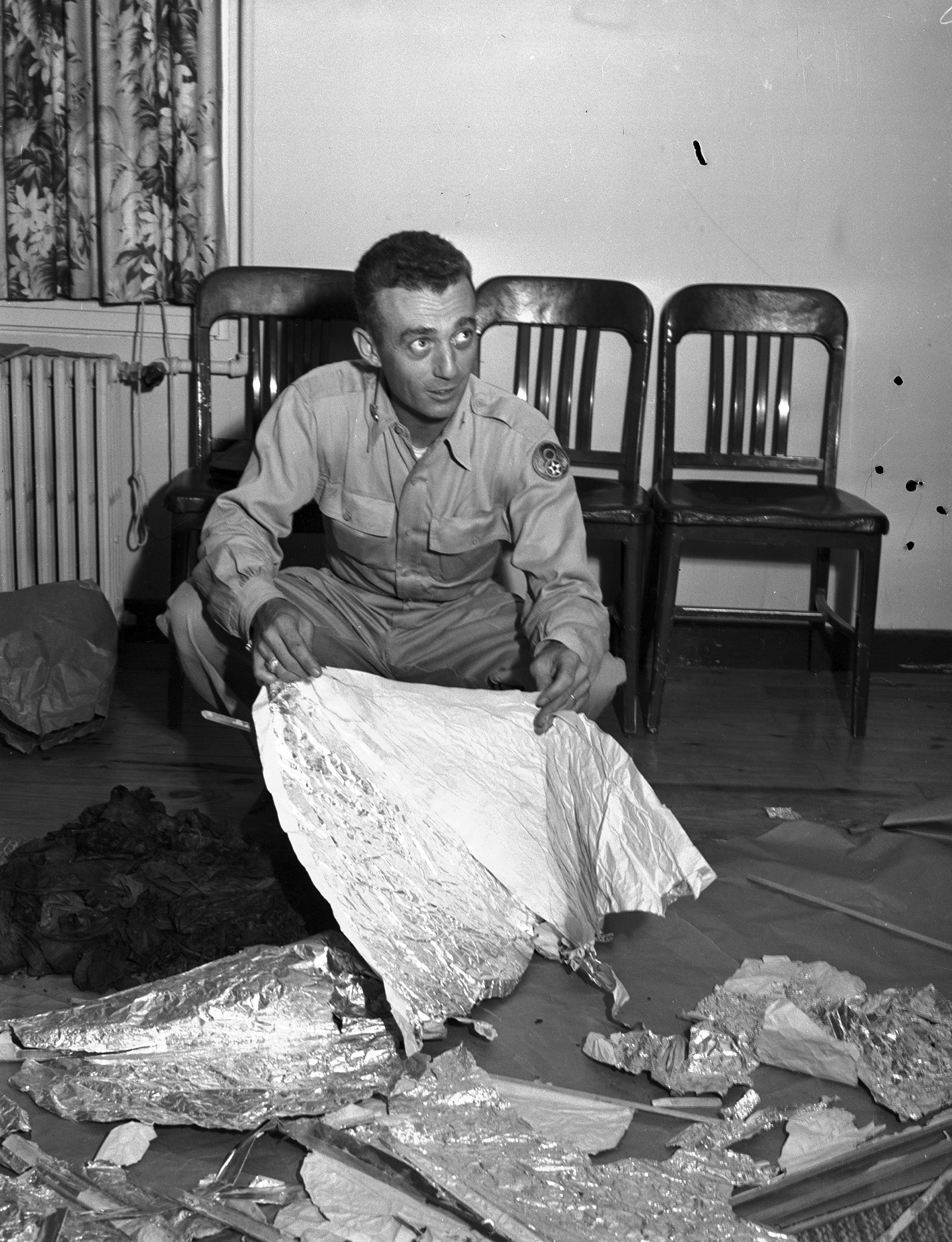
The Roswell incident, Smith adds, has the potential to reveal, “physical evidence and a host of reliable witnesses who all describe something the world has never seen before.”
The presenter, who tracked terrorist networks, foreign intelligence activities and weapons of mass destruction during a long career in the CIA, says this story was quite remarkable from the get-go. “The military issued a worldwide press release to the Associated Press on 8 July 1947, after Marcel had been out to the field, retrieved some kind of debris and brought it back to base. They said, ‘we have this crashed UFO debris right here.’” In the press release, the authorities famously said that they had recovered “a flying disc”.
Many people imagined that this story was covering up a highly classified US military project. However, Smith argues, “usually, when you're issuing a cover story, you want to distract people from the event. But this was calling more worldwide attention to it. So it was a either a major mistake, which we're still dealing with today in terms of government trust and media transparency, or it was in fact the first moment of disclosure about alien life by the US government.”
Perhaps realising the magnitude of their initial error, the US military swiftly launched a cover-up. According to Smith, who holds a degree in International Affairs and a Master's in Fine Arts, they went through the classic smokescreen routine. “You bring in the original cast of characters, make them publicly refute their stories and maybe even force them to sign a confession. Then, you present your alternative evidence – which in this case involved swapping out the debris that Marcel found for something different.”
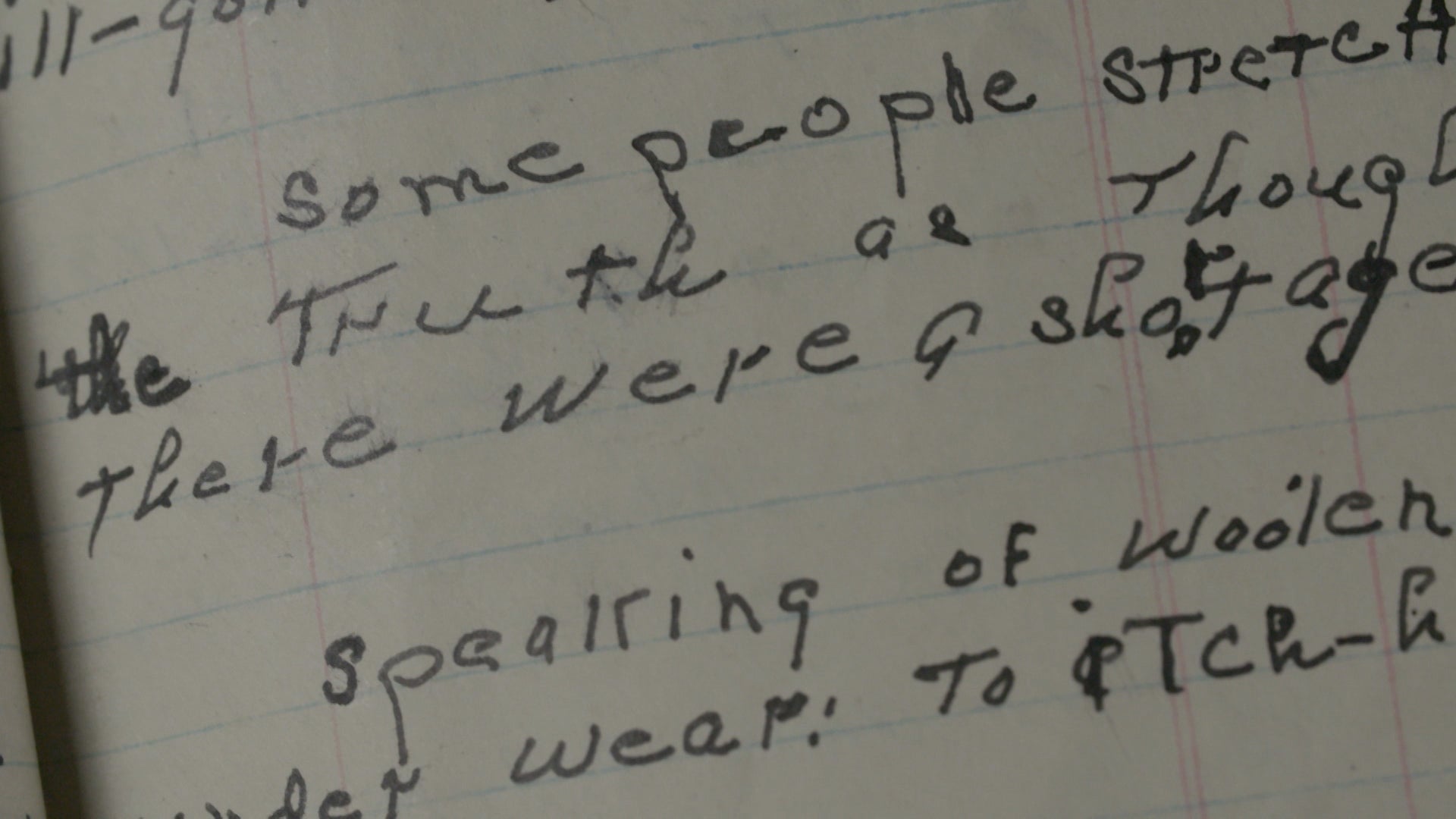
This all makes for riveting television, but is there not still a danger that in, poring over all these theories, Smith is merely pandering to the wild and wacky end of the conspiracy market?
His answer is that we have to remain open-minded in our interrogation of a subject. “It’s always a risk that we get side-tracked. That's a popular criticism. But there are so many people connected to Roswell who claim to have had extraordinary experiences, and we try to take them seriously and at their word. We can’t just discount intelligence. That's how major catastrophes happen, like 9/11 or Pearl Harbor. Intelligence officers can't imagine a particular scenario, and so they exclude vital information from their investigation.”
Making this series, “there were cases where we would talk to somebody who claimed they had had an extra-terrestrial encounter, so I had to bring in my experience as an intelligence officer and be as open-minded as possible. It gets challenging. For instance, I don’t have access to all the radar reports from the 1960s, so I can’t validate this person’s claim that he was abducted by aliens.”
However, “using human-to-human psychology, I often sense from the logic of the story and the facts that are known that there's something missing in this guy’s claims.”
What makes Smith convincing as an investigator is that he is thorough and dispassionate; he does not cut corners. He does his due diligence and is not chasing a sensational story. He understands that, “in the media, you need eyeballs, you need fantastic headlines to get people to the meat.
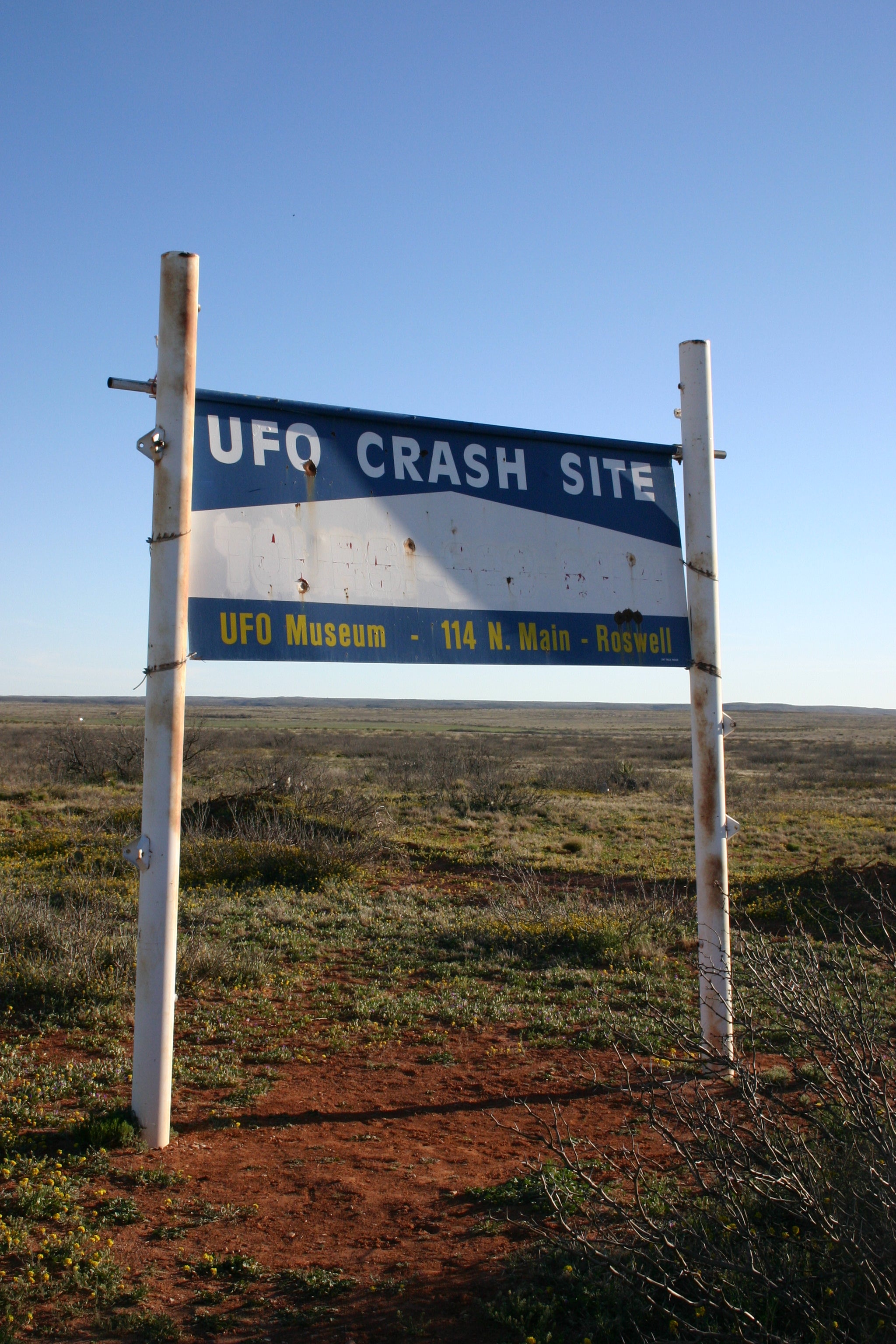
“One of the producers on board this show said, ‘you’ve got to give a dog peanut butter with his pills’. Of course, the balance can be upset by people who take too many liberties with the truth. But I don't think that was the case with this show at all. In fact, I was really proud of the way it came out. My mantra is that I want to be the signal, not the noise. I want to be boosting critical thinking and objective truth.”
To reinforce that point, even after such an exhaustive investigation, Smith is not jumping to any quick, headline-grabbing conclusions. “I don’t have clarity and I don’t have perfect knowledge yet. I’m after certainty, I’m after proof and evidence, and I don’t have that yet. We don’t have the smoking gun yet. But I’m getting closer and learning more about the way governments operate.”
Which means that – to the inevitable disappointments of millions of ufologists – Smith is not yet able definitively to prove the existence of alien life. “It’s inconclusive for me right now. I think there was a government cover-up. I think the government has information that it has still not revealed. It hasn’t taken the issue seriously enough to respond to some of the questions raised. But I’m not personally convinced yet that extra-terrestrials landed.”
We’re all wrestling with the idea of cosmic loneliness. We want some greater meaning, some greater connection out there. I’m attracted to ideas of something else out there
That does not signify, though, that his investigation has been pointless – in fact, quite the opposite. It has thrown up many potential benefits for humankind. Smith declares: “There is a lot of wonder and magic in this story. Let’s not throw the baby out with the bathwater. There are lots of interesting questions to be raised that can make us better people, even if this story turns out not to be true. There is so much to be gained from exploring this area.”
Smith cites the example of Marcel’s grandson Jesse III, whose interest in the field has prompted him to patent a potentially revolutionary magnetic rotational disc. “He might now invent flying cars from this technology. That's why I think around the world we can enjoy the benefits of engaging with science or science fiction because it inspires people to innovate.
“On a species level, guys like Elon Musk and Jeff Bezos – as much as we might dislike their business model – are inspired to create something that will outlast us.”
And that is potentially immensely helpful to humankind. “In four billion years, our sun is going to wink out, and it might explode and destroy the Earth. And if we're not thinking about extra-terrestrials and life outside of this perfect little world we have, then we're not preparing for the future. I'm glad that all of this is coming out of the discussion about moments like Roswell, these weird little flips of the coin of history.”
So, as The X-Files always used to remind us, The Truth Is Out There. Smith echoes those thoughts. “We’re all wrestling with the idea of cosmic loneliness. We want some greater meaning, some greater connection out there. I’m attracted to ideas of something else out there. I think it’s inspiring, and I’m glad that I have had this chance to be part of it.”
He concludes: “The Roswell incident could potentially be the greatest event in the history of humankind. We have 300 trillion stars and 200 billion galaxies scattered across 15 billion light years. To think we’re all alone in all of that space is pretty sad. So I personally want to know: Is there anybody out there? And have they been here?”
‘Roswell: The First Witness’, part of UFO Week, starts on Blaze at 9pm on Monday




Join our commenting forum
Join thought-provoking conversations, follow other Independent readers and see their replies
Comments